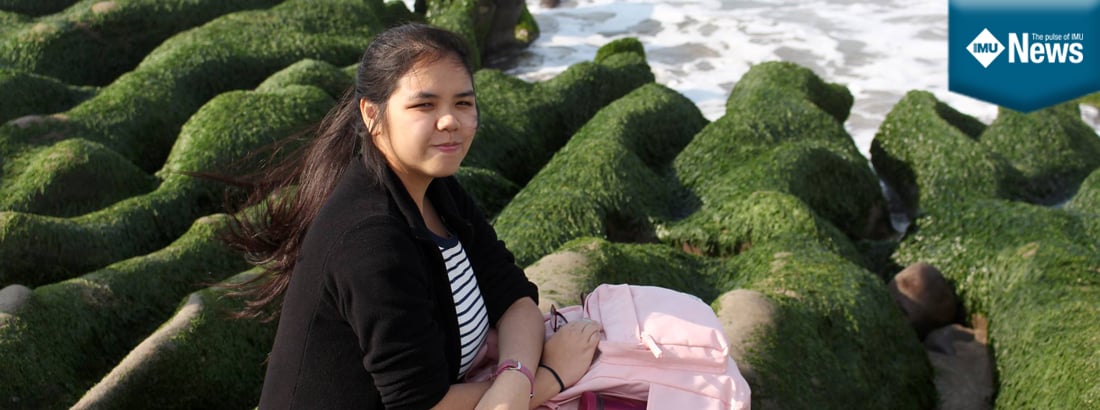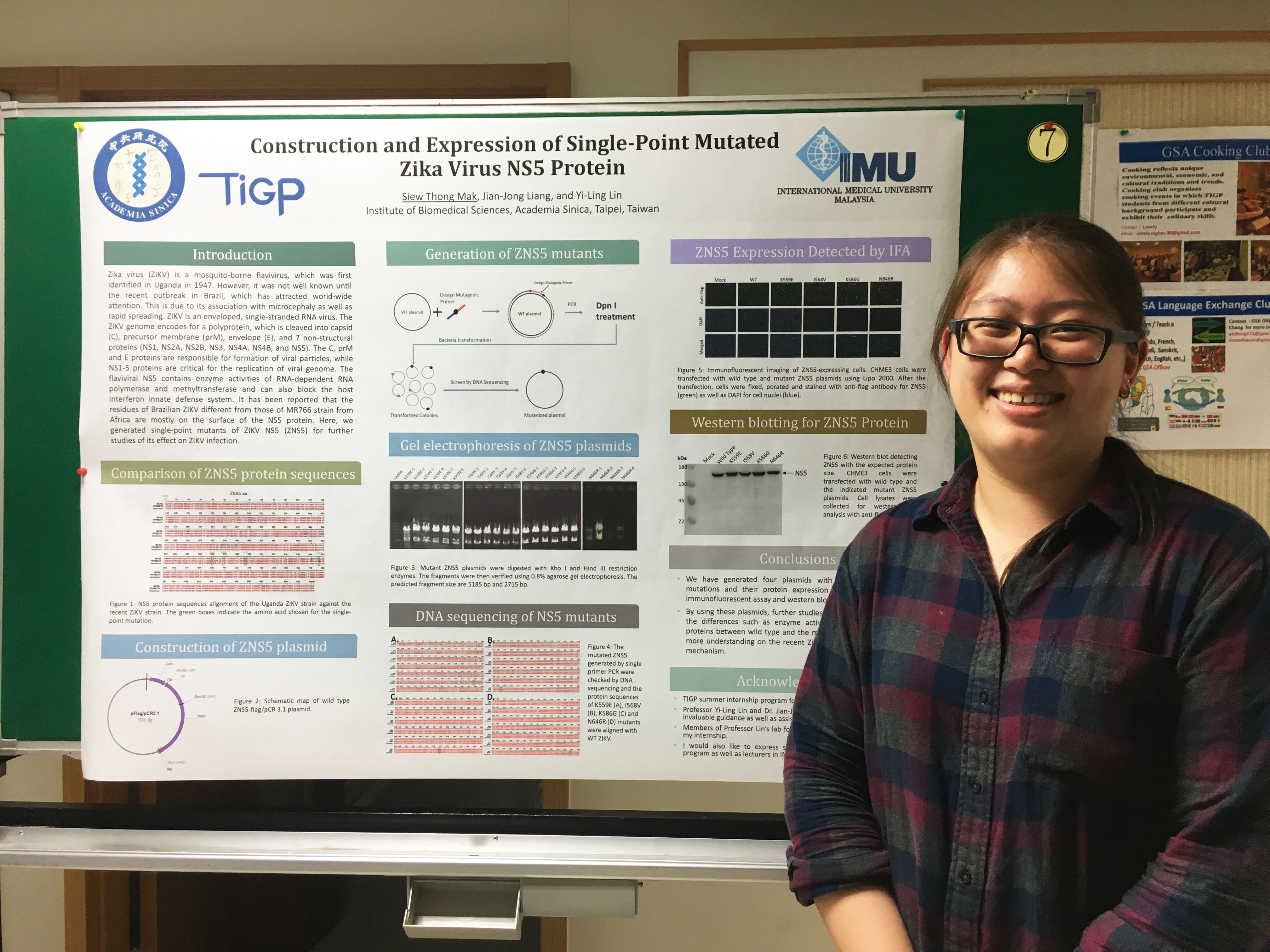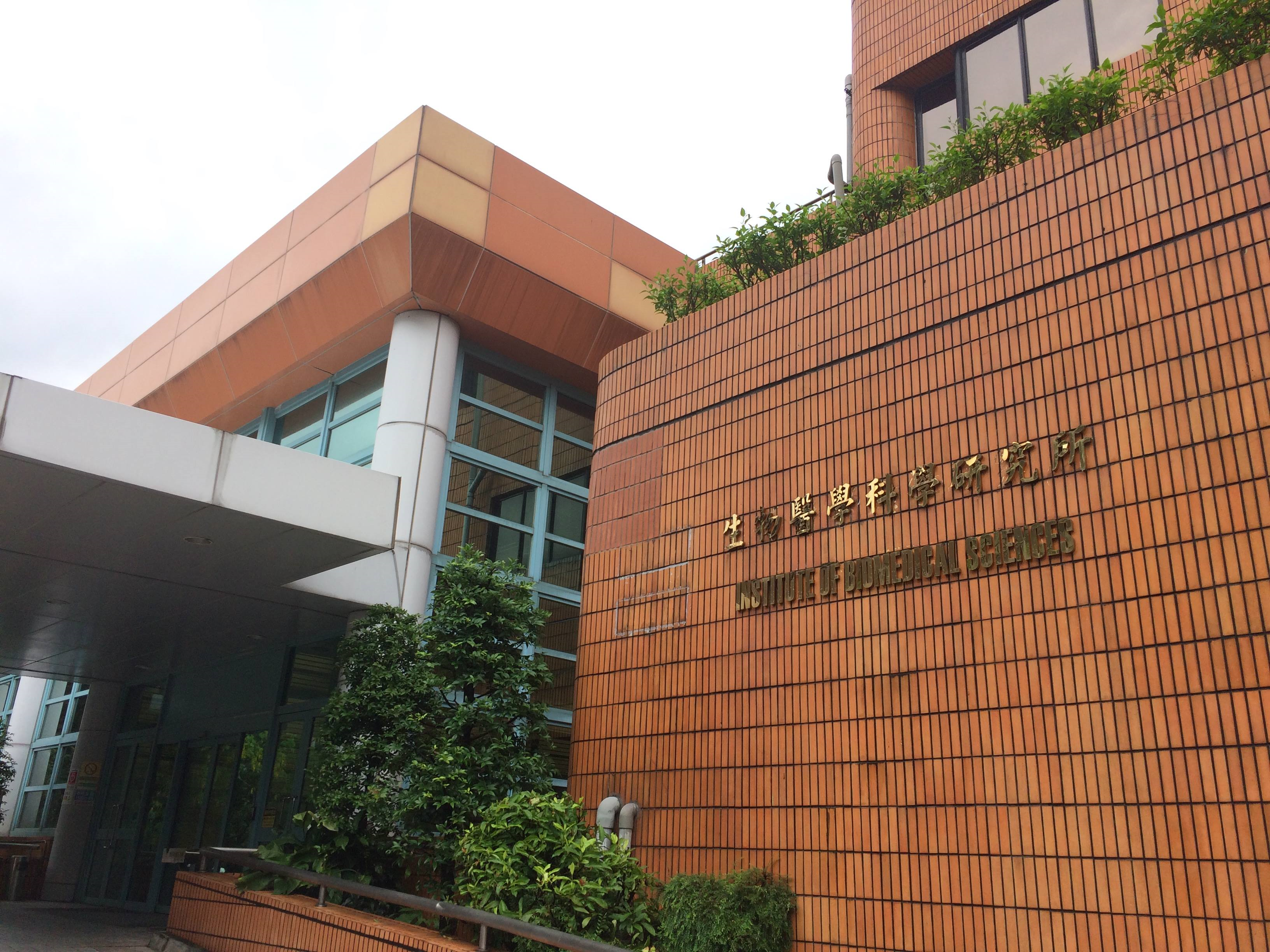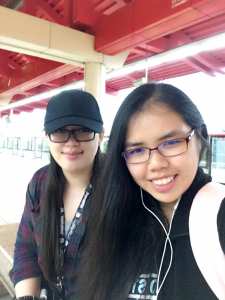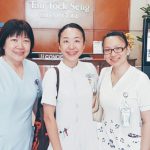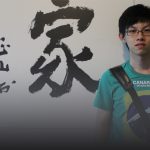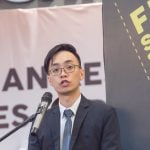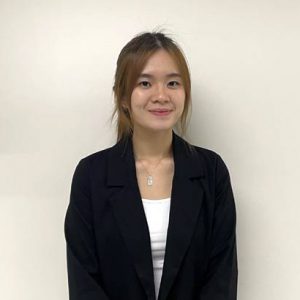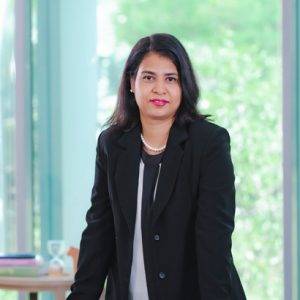Two International Medical University (IMU) Medical Biotechnology (MB) alumni, Aw Yong Poi Yi and Mak Siew Thong who have just graduated in Nov 2017, did their internship at Institute of Biomedical Science, Academia Sinica, Taiwan. “It was a truly remarkable experience to be able to undertake our internship in such a well-established institute overseas.” Both Poi Yi and Siew Thong recall this experience fondly. 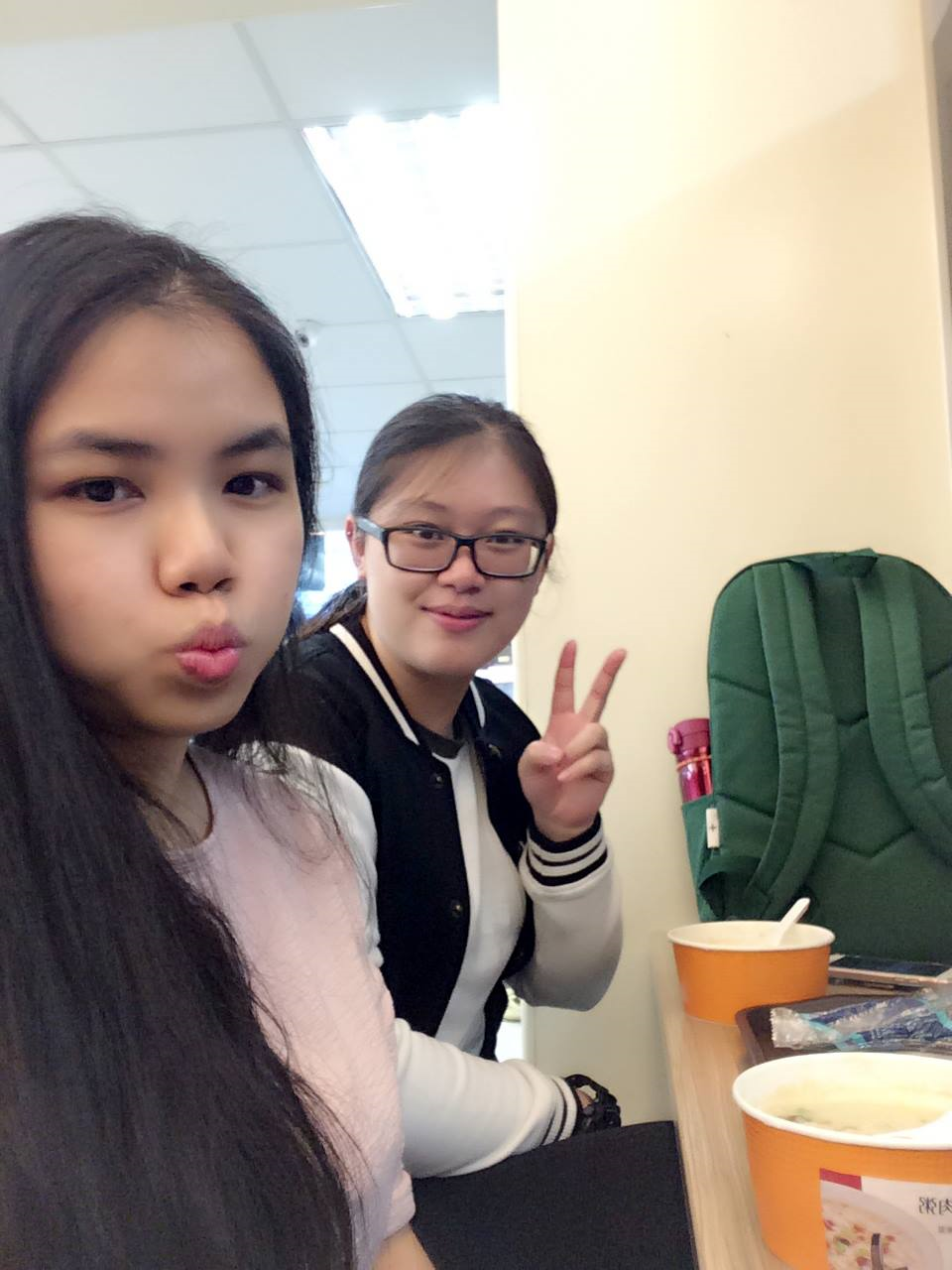 Despite working in the same institute in Taiwan, Poi Yi and Siew Thong were supervised by different supervisors. Poi Yi was supervised by Dr Jung-Hsiang, Tai, whose research primarily focused on molecular studies based on protozoan model. On the other hand, Siew Thong did her internship under the supervision of Dr Yi-ling, Lin, whose research mainly focuses on the molecular biology, virology, and pathogenesis of a few re-emerging flaviviruses, including Zika virus (ZIKV). Although they were working on different internship projects, both Poi Yi and Siew Thong agreed that they have improved on their soft skills, especially communication skills. This is due to the opportunity to work with other researchers which requires good communication as well as mutual understanding.
Despite working in the same institute in Taiwan, Poi Yi and Siew Thong were supervised by different supervisors. Poi Yi was supervised by Dr Jung-Hsiang, Tai, whose research primarily focused on molecular studies based on protozoan model. On the other hand, Siew Thong did her internship under the supervision of Dr Yi-ling, Lin, whose research mainly focuses on the molecular biology, virology, and pathogenesis of a few re-emerging flaviviruses, including Zika virus (ZIKV). Although they were working on different internship projects, both Poi Yi and Siew Thong agreed that they have improved on their soft skills, especially communication skills. This is due to the opportunity to work with other researchers which requires good communication as well as mutual understanding.
“I have learnt several new lab skills including microscopy techniques, immunofluorescence assay and the maintenance of protozoan culture. Not only that, my internship experience in Taiwan has also widened my mind and confirms my decision of furthering my studies.”
Poi Yi has faced a lot of problems such as communicating with her supervisor as well as the handling of confocal fluorescence microscope. In spite of that, she was able to overcome these problems due to her optimism and patience. At the end of internship, Poi Yi was able to gain her supervisor’s trust and was allowed to handle small projects individually as well as being able to capture high resolution images using confocal fluorescence microscope.
As for Siew Thong, she has mentioned that she was fortunate to have the opportunity of handling a small project working on the construction of NS5 plasmid of ZIKV as well as its mutant strains. Throughout the three-month internship, she was able to learn new lab skills such as molecular cloning, protein expression, western blot and immunofluorescence assay.
She mentioned that the most challenging task was data analysis using a new software. Although she has faced challenges such as data presentation during lab meetings as well as slow adaption with the new lab’s environment, Siew Thong was able to overcome all of them – thanks to the guidance of her supervisor and lab members.
Both Poi Yi and Siew Thong agreed that the modules of MB programme have prepared them well for their internship, as the earlier semesters are mainly focused on the fundamental knowledge which helps them before moving on to the application part. Not only that, the packed MB schedule has also trained them to work better under stressful condition, despite having heavy workload and tight deadlines.
All in all, both Poi Yi and Siew Thong think that their experience in Academia Sinica, Taiwan have been wonderful and precious. This precious opportunity has allowed them to apply what they have learnt in IMU in the real life working environment. The experience has allowed them to discover more of their abilities as well as helping them to gain confidence in stepping into their future path. They were also grateful to their lecturers who prepared them well throughout the 3-year study in IMU.




